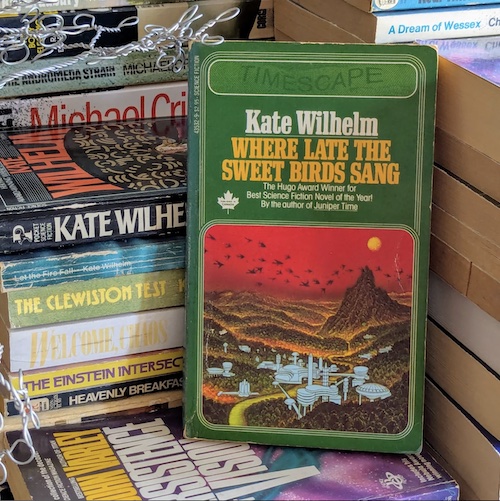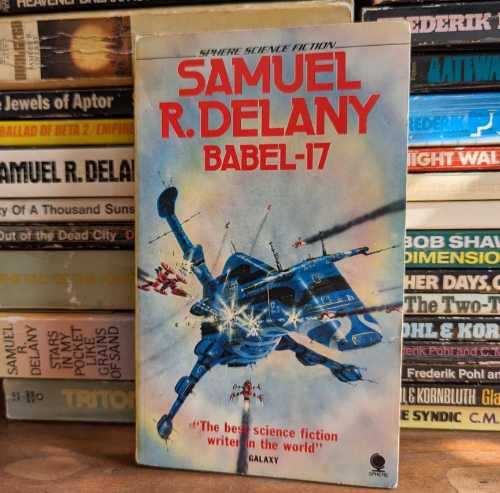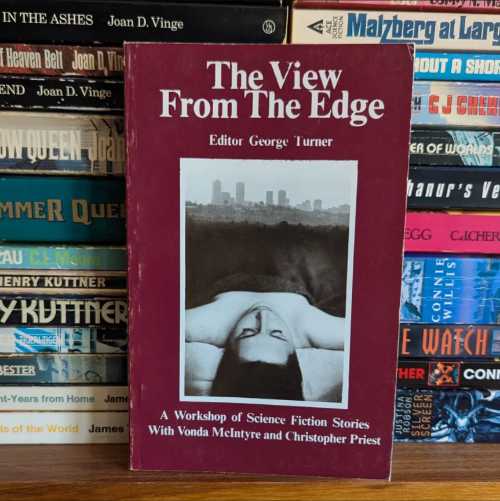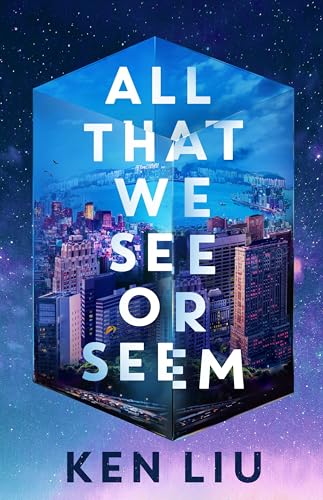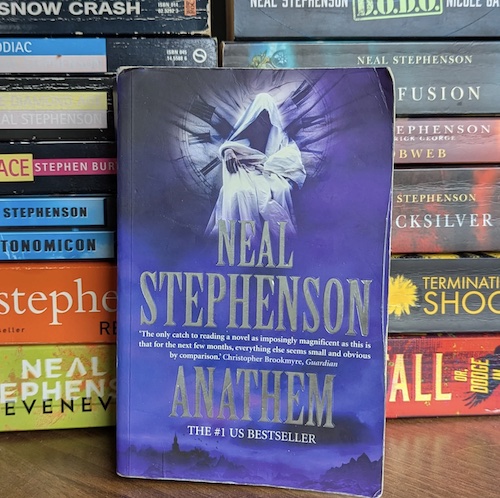In Wilhelm’s slow-motion quiet pastoral apocalypse (shades of Earth Abides), widespread infertility wipes out civilisation in a generation. A last community of preppers resort to cloning animals and themselves, but how much of our humanity has to be sacrificed so the species can survive?
In three parts, we follow how this plays out over the generations. The clones’ society is unsettling, prioritising the needs of the collective over the valueless individual, like ants in a colony. This isn’t just their culture, it’s their reality, exemplified by their unquestioned euthanasia in service of collective health. There’s no dystopia, there’s no revolution and rebellion, there’s no oppressed worker, there are only cells in a collective.
The society’s alienness is reinforced by their treatment of the few fertile clones, ‘breeders’ who are isolated, drugged and farmed to provide genetic diversity. For clones, procreation and sex are decoupled - one is industrial, the other is social, with no taboos remaining in an infertile world. A deep sense of otherness is built by the silence on what we regard as transgressive or taboo behaviours.
However, this is a dangerously fragile society. Clones are born to their job, bred and decanted according to centrally planned assumptions of need. They’ve lost what it means to be individual, and along the way, lose their humanity and so much more. Curiosity, creativity, and accidental discovery have all been suppressed. Art cannot even be comprehended, their society is stagnating.
Wilhelm shows us the vulnerability of such a society, its fatal inability to improvise and adapt to black swan events. Original humanity was messy, selfish, and aggressive, but it was general-purpose, able to adapt tactically to a broad range of survival challenges. This is a thought-provoking precautionary tale of the unintended consequences of our technological advances, of what we might lose.
